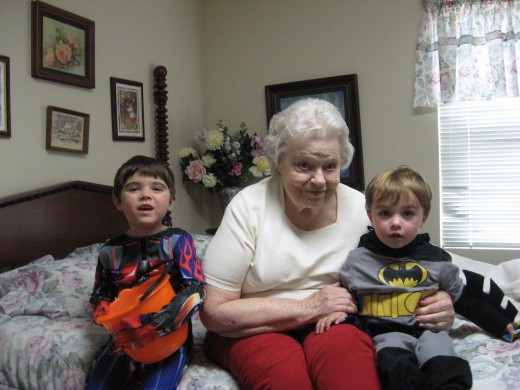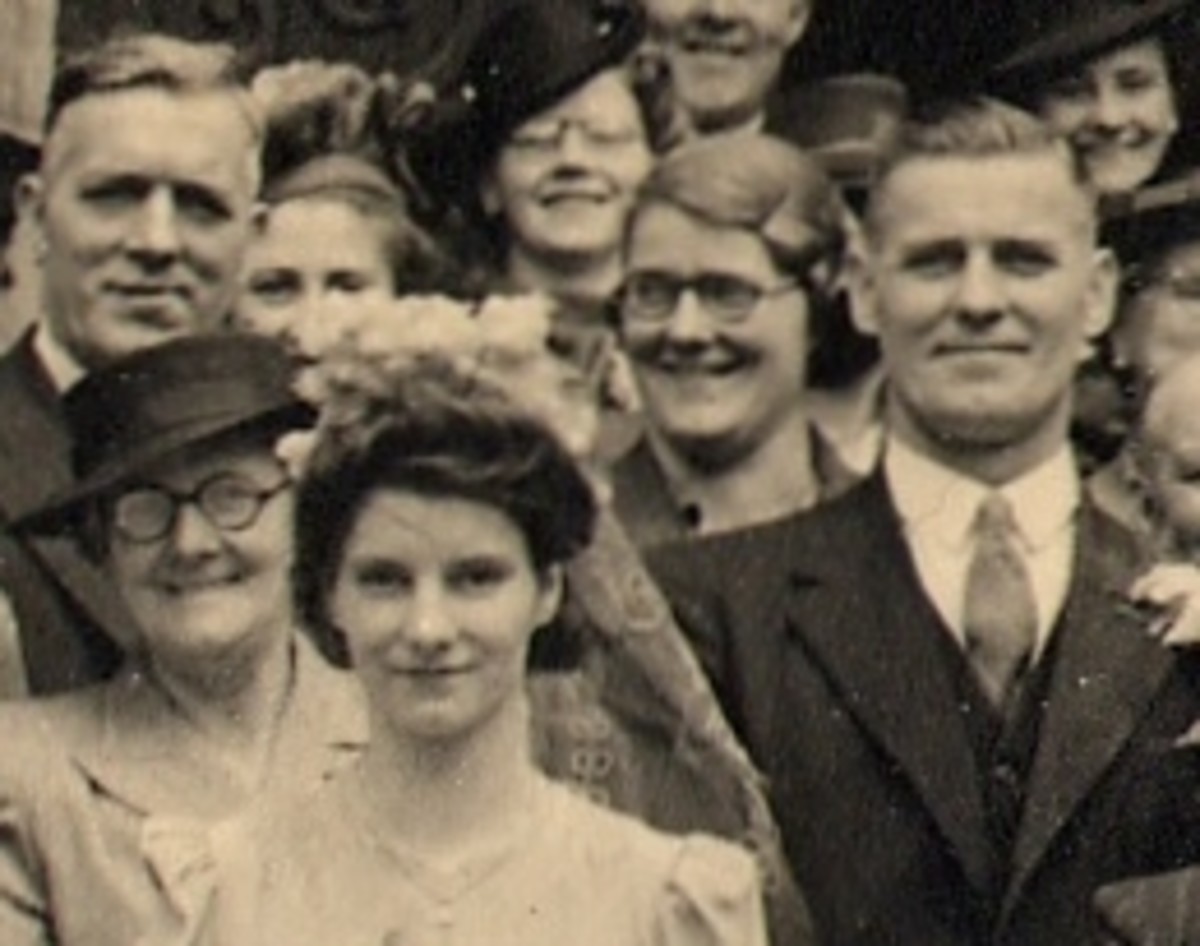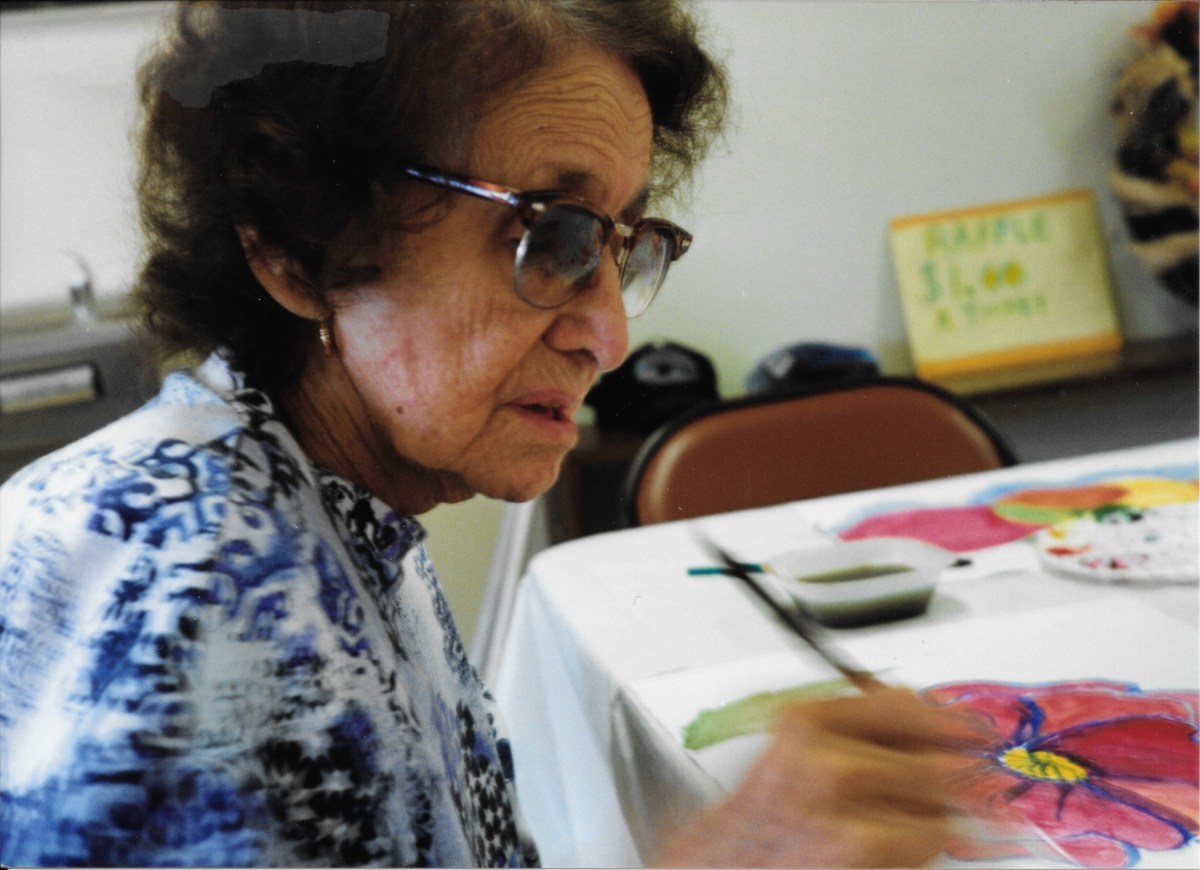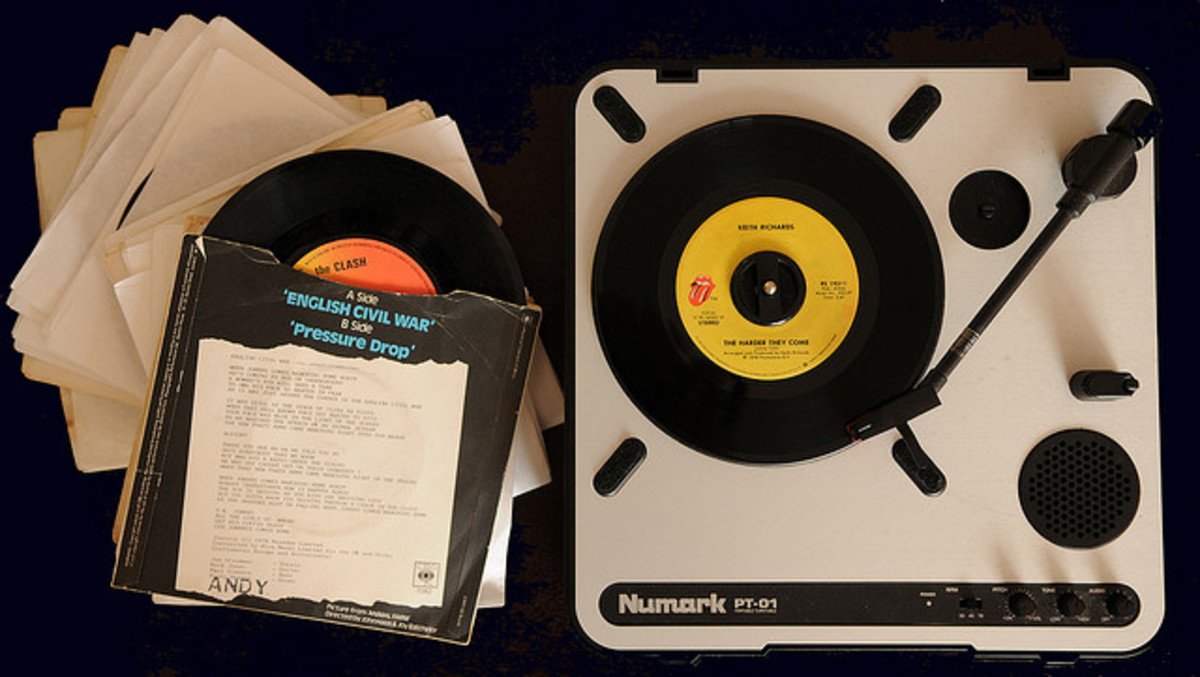How to Prevent, Treat, or Delay Alzheimer's Disease
Alzheimer’s disease. Just the mention of the word is scary. And the condition is devastating. It robs victims of their mental functions and can even erase precious memories. It can totally change the sufferer’s personality, and alienate them from friends and loved ones. Worst of all, there’s no cure. Parts of the disease are still an enigma to doctors and health care professionals, but they’re learning more about it every year. And while it’s true that a cure hasn’t been developed yet, there are drugs that can slow the progression, and recent studies show that there are ways to forestall and perhaps even prevent Alzheimer’s.
According to medical experts, almost 25% of Alzheimer’s cases are genetic. There’s no way to change that, but for the remainder of cases, doctors now think they could possibly be prevented. Invest in your mental future now with the things you can change:
Stress
Regular stress can quadruple your chances of developing Alzheimer’s, according to USC’s Dr. Vincent Fortanasce. Any time your body is stressed, it releases cortisol. Cortisol inhibits the growth of new nerve cells and nerve connections, leading to cognitive decline.
Learn how to deal with daily stress in your life by experimenting with prayer, meditation, yoga, interacting with pets, visualization techniques, and other methods of relaxation. You also need a strong support system of trusted friends and family members with whom you can interact on a regular basis. Don’t be afraid to open up to them and share your problems.
Another way to reduce stress is to engage in something you enjoy. Go for a walk, go shopping, take in a movie, or go fishing – anything that makes you happy and helps you unwind. You might try taking up a new hobby or reviving an old one.
Exercise
Something else that has a huge impact on the prevention of Alzheimer’s is exercise. Moderate exercise improves circulation, lowers blood pressure, and relieves stress. If you’ve been generally inactive, begin slowly. Walk, swim, or dance, and gradually increase the time and regularity to five 30-minute sessions a week. Try to move some every day, even if you don’t feel like it.
Weight training and resistance training are important parts of exercising. Combine these with moderate aerobic activities, and you’ll get more than a double dose of benefit since the two types of activities enhance each other. Try to add weight training to your exercise routine every other day. Begin with small hand-held weights and gradually work up to heavier weights or weight machines. Wearing ankle and wrist weights while walking or performing aerobics will provide a much better workout.
Mental Activity
You’ve heard the old saying, “Use it, or lose it.” This holds true for the brain. Keeping your brain working is one of the most important things you can do to prevent cognitive decline. The brain’s ability to create neurons and new pathways is called “plasticity.” And according to the National Institute on Aging, “As far as our brains are concerned, learning something new or even retrieving something from memory is a plasticity response.” There are a lot of ways to stimulate your brain and tap into its plasticity.
Learn a new word every day, and try to use it in conversation. Take part in activities that use thinking and reasoning skills. Difficult crossword puzzles are a good example. Logic problems are even better. Play memory games like Simon. There are several memory games you can play with the grandkids. Something as simple as taking a new route to the grocery store can help.
Sleep
Get seven or eight hours of sleep every night. Your body needs time to rest and to repair itself. Tweak your circadian rhythm – your internal clock that tells you when it’s time to be awake and when it’s time to be asleep. One way to get on track is to get some sunlight every day. Try to go to bed at the same time every night, and turn down the thermostat. Research shows that humans sleep best at about 65 degrees. If you sleep better with so-called white noise, keep a fan running in the bedroom or spend $25 on a noise machine that makes continuous soothing sounds like rain, the ocean, or a waterfall. An aquarium is another good example of a soothing sound.
Diet
Eating a diet rich in fresh fruits, vegetables, nuts, fish, olive oil, and legumes, along with one or two glasses of red wine a day can help prevent Alzheimer’s disease. Such a diet, often referred to as “the Mediterranean diet,” can result in a 68% reduction in the risk of developing the condition, according to a study at Columbia University.
Part of the benefits of the Mediterranean diet might come from the fish. Some fish contain large amounts of omega-3 fatty acids, and according to a study reported in the Journal of Neuroscience, when mice were fed omega-3s that contained DHA, they had fewer brain lesions, less brain plaque, and fewer tangled neurons. The DHA is found in eggs, fish, and organ meats. It can also be taken in supplement form.
How you eat might be almost as important as what you eat. Instead of eating three large meals a day, eat several small meals. This practice will help you avoid spikes in blood sugar, and according to research, blood sugar plays an important role with Alzheimer’s. Diets low in simple carbohydrates like sugar, corn syrup, and white flour can delay or even help prevent the onset of Alzheimer’s disease.
Supplements
Taking vitamin B3 every day can give neurons a boost and help prevent brain tangles. The recommended dose for adult men is 17mg per day, and for women, it’s 13mg a day. Natural sources for B3 include pork, eggs, milk, beef, and whole wheat flour.
Another important supplement in the fight against Alzheimer’s is phosphatidylserine, or PS for short. PS is part of the stuff that protects nerve cells. Research shows that PS improves short-term memory in dementia patients and can even reverse some of the brain’s degeneration.
How much PS do you need? For prevention, the recommended amount is 100mg per day. If you already have some mild dementia, up the dose to 200mg a day. Patients who have been diagnosed with Alzheimer’s disease should take 300mg of PS a day.
If your loved one has been diagnosed with Alzheimer's disease, the Alzheimer's Foundation can be a life saver. They provide a wealth of information and a strong support network. While I was taking care of my mother, I spent hours on the website of the Alzheimer's Foundation. You'll learn all kinds of things about the disease, and best of all, you'll realize that you're not alone.
Read more about Alzheimer's and health issues:
- Adult Care Choices
Adult care and eldercare are growing problems in the United States today. In general, people are living longer, and when they get to the point that they can no longer live alone, they often have to leave... - How to Recognize the Symptoms of Alzheimer's
Alzheimers is a terrible disease. In fact, Im convinced that its just about the worst fate that can befall a human being. Not only is Alzheimers tragic for the person who suffers from it ... - Important Vitamins and Minerals for Seniors
Its amazing the power some vitamins and minerals have. Funny, these things have been around forever, but thanks to the multitude of scientific studies, scientists and doctors are just beginning to unlock... - Improving Fertility without Drugs: 25 Tips
Fertility rates in the US have sharply declined over the last few decades. Thousands of couples today have trouble conceiving. Doctors are not completely sure what has caused the decline, but several... - How to Get Social Security Disability
Note: If you're trying to scam the government with a false claim of an injury, illness, or condition, read no further. This article is to help people who are legitimately unable to work a full time job... - Alzheimer's: Tips for Coping
I know all too well the heartbreak known as Alzheimer's disease. My gandmother had it, but at the time, I was too young to fully understand the condition. But when my mom developed the disease, I got to... - Alzheimer's Foundation
Mom's last Thanksgiving. I've seen Alzheimer's disease. I know it well, though I certainly do not consider it a friend. I watched as it took my grandmother. Its voracious appetite was not sated, however,...









